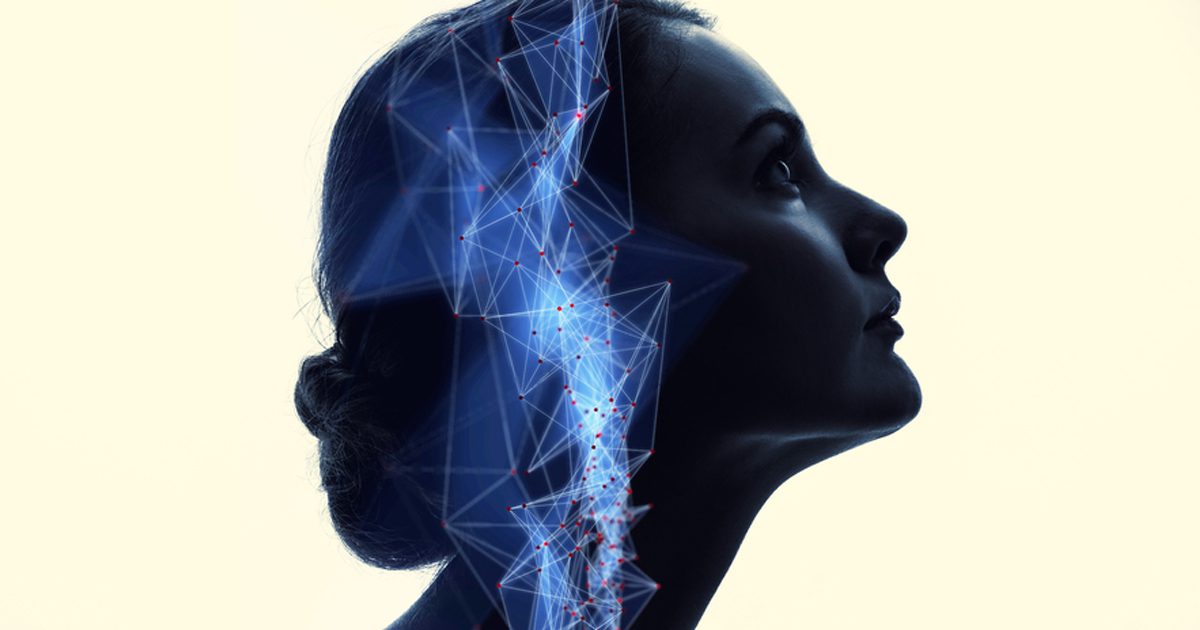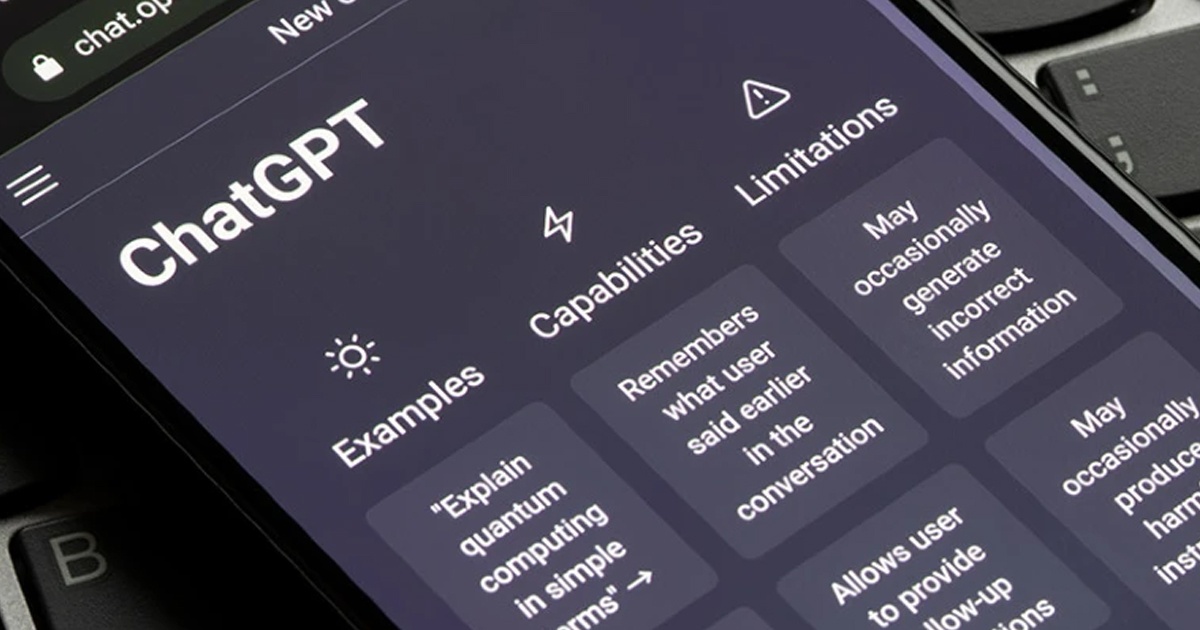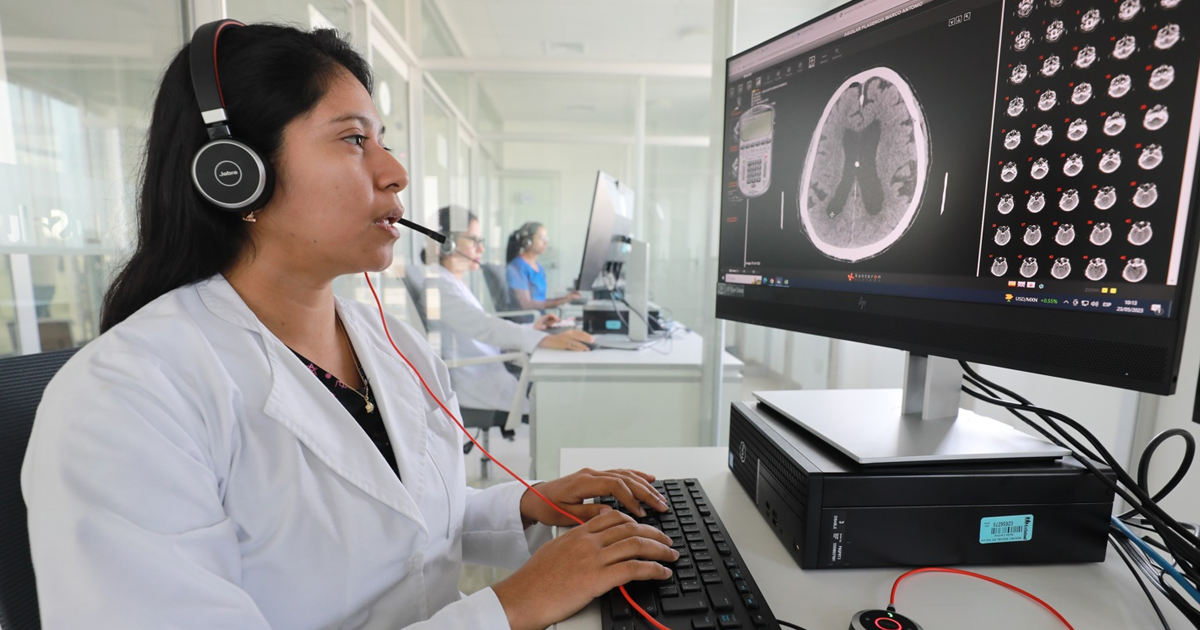Researchers from MIT and Massachusetts General Hospital (MGH) propose the use of machine learning and Artificial Intelligence (AI) to improve access to mental health care services.
MIT researchers suggest that AI may be able to help make mental health services more accessible to patients. The psychologist and researcher Paola Pedrelli, from the MGH, explained that, from her experience, she has encountered various barriers to accessing mental health, including when and where to seek help.
In this sense, Pedrelli, in collaboration with MIT researcher Rosalind Picard, have worked for the last five years on a project based on machine learning algorithms, which seeks to help diagnose and monitor symptoms in patients with depression.
“We are trying to build sophisticated models that have the ability not only to learn what is common between people, but also to learn categories of what is changing in an individual's life,” Picard explained. In addition, he highlighted that they seek to provide people with the opportunity to access personalized information based on evidence that really makes a difference in their health.

The researchers conducted an initial study of MGH participants with major depressive disorders who had recently changed their treatment. Through the use of wearables, the participants collect information on biometric data such as electrodermal activity, as well as data from the participants' mobile phones such as text messages, phone calls, use of applications, location and a biweekly survey on depression.
“We put all the data we collect from the wearable and the smartphone into our machine learning algorithm, and we try to see how well the machine learning predicts the labels given by doctors,” explains Picard.
However, another of the challenges of the machine learning application is the creation and development of a tool that gives control to users, for example, a new device, a mobile app or other methods.
“What might be effective is a tool that says to an individual, 'The reason you're feeling depressed might be that the data related to your sleep has changed, and the data is related to your social activity, and you haven't had time with your friends, your physical activity has been reduced. The recommendation is that you find a way to increase those things,” Picard explained.






